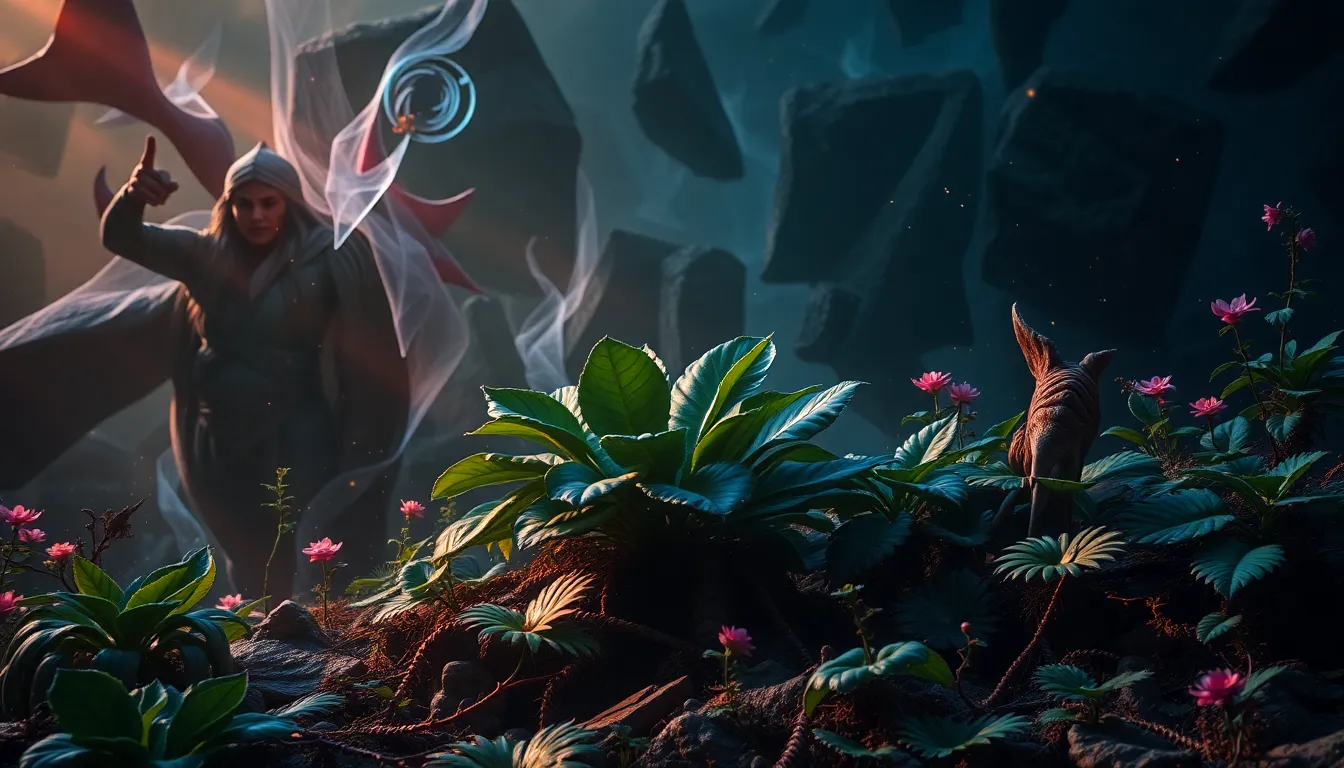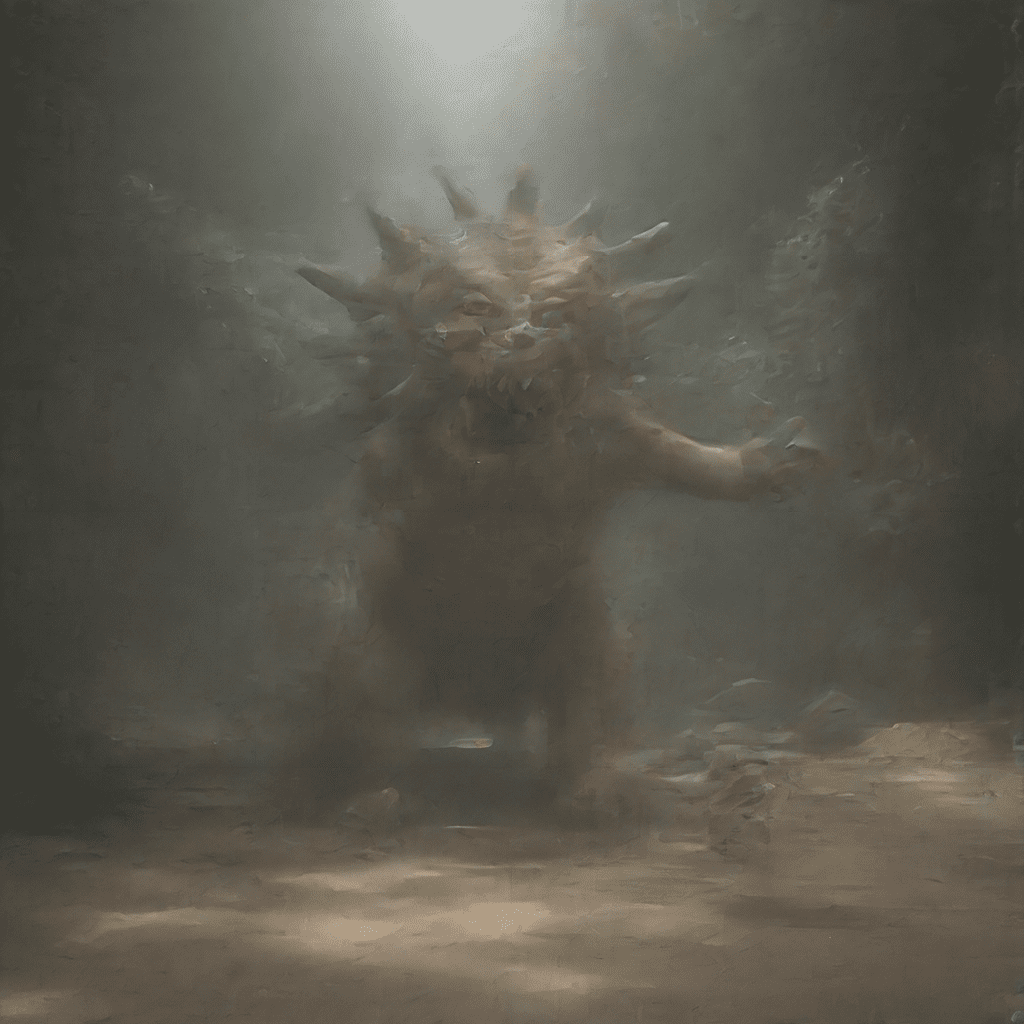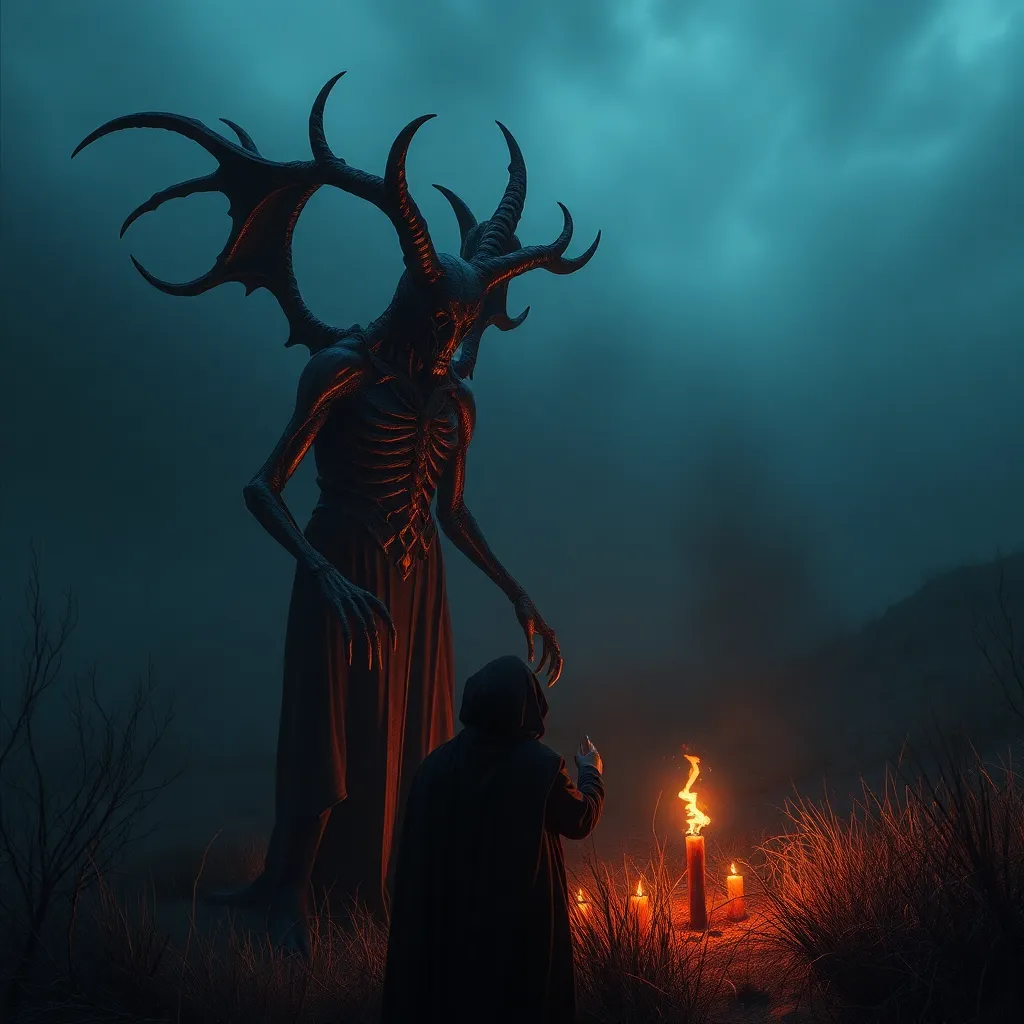The Birth of Legends: How Creation Myths Shape Our Narratives
I. Introduction
Creation myths are foundational narratives that explain the origins of the world, humanity, and various aspects of life. These stories have existed in every culture throughout history, serving not only as explanations for existence but also as frameworks for understanding the universe and our place within it. The importance of narratives in human culture cannot be overstated, as they bind communities together, impart wisdom, and provide a sense of belonging and identity.
This article will explore the intersection of creation myths and storytelling, examining their roles in various cultures, psychological impacts, and their evolution in the modern world. By understanding these ancient narratives, we can gain insight into the human experience and the stories that continue to shape our lives today.
II. The Role of Creation Myths in Cultures
Creation myths hold significant historical importance as they encapsulate the beliefs, values, and traditions of a culture. They often serve as the bedrock for religious and philosophical systems, influencing moral codes and societal norms.
A. Historical significance of creation myths
Creation myths have been recorded since the dawn of civilization, with each culture developing its own unique stories. These myths often explain:
- The origin of the earth and its inhabitants
- The formation of social structures
- The relationship between humans and the divine
B. Common themes and archetypes in global creation stories
Across cultures, certain themes and archetypes emerge in creation myths, such as:
- The chaos before creation
- The emergence of a creator deity
- The use of elements like water, earth, and light in the creation process
C. How these myths reflect cultural values and beliefs
Creation myths often mirror the values and beliefs of a culture. For instance, a culture that values nature may have a creation myth that emphasizes the harmony between humans and the environment, while a culture that values order may depict creation as a process of bringing structure to chaos.
III. Psychological Perspectives on Creation Myths
The psychological impact of creation myths is profound, influencing collective consciousness and identity. They shape how communities understand themselves and their place in the world.
A. The impact of creation myths on collective consciousness
Creation myths contribute to a collective identity, fostering a sense of belonging among members of a culture. They often provide shared stories that unite individuals under a common narrative.
B. Carl Jung’s theory of archetypes in storytelling
Psychologist Carl Jung proposed that archetypes are universal symbols found in myths and stories. Creation myths often contain archetypes such as the hero, the mother, or the trickster, which resonate with the collective unconscious of humanity.
C. The role of creation myths in shaping identity and community
By providing a shared narrative, creation myths help form group identity and cultural cohesion. They often serve as a guide for ethical behavior and societal norms, reinforcing the values that bind communities together.
IV. Comparative Analysis of Creation Myths
Examining major creation myths from various cultures reveals both similarities and differences in narrative structure and themes.
A. Overview of major creation myths from different cultures
1. Genesis from Judeo-Christian tradition
The Book of Genesis describes how God created the world in six days, culminating in the creation of humans in His image. This narrative emphasizes the inherent goodness of creation and humanity’s role as stewards of the earth.
2. Enuma Elish from Mesopotamian culture
The Enuma Elish depicts the creation of the world through a cosmic battle among gods, ultimately leading to the establishment of order. This myth highlights themes of chaos and the struggle for power.
3. Popol Vuh from the Maya civilization
The Popol Vuh recounts the creation of humanity from maize and the trials faced by the gods in their quest to create beings that could worship them. This narrative underscores the connection between nature and humanity.
B. Similarities and differences in narrative structure and themes
While these myths differ in details, they share common themes such as:
- The transformation of chaos into order
- The significance of a creator figure
- Humanity’s relationship with the divine
C. The influence of geography and environment on creation narratives
Creation myths are often influenced by the geographical and environmental contexts of the cultures that tell them. For example, cultures in fertile regions may emphasize agricultural themes, while those in arid areas may focus on survival and resource management.
V. Creation Myths and Modern Storytelling
Creation myths have adapted over time, influencing contemporary literature, film, and other forms of storytelling.
A. The adaptation of creation myths in literature and film
Many modern narratives draw upon ancient creation myths, reinterpreting them to resonate with contemporary audiences. These adaptations often explore timeless themes of creation, destruction, and rebirth.
B. Examples of contemporary narratives influenced by ancient myths
Some notable examples include:
- The “Matrix” series, which explores themes of reality and creation
- The “Avatar” film, which emphasizes the connection between humanity and nature
- Books such as “American Gods” by Neil Gaiman, which incorporates various mythologies
C. The role of mythology in shaping modern cultural narratives
Mythology continues to be a vital element in cultural narratives, providing a framework for exploring complex themes of identity, morality, and existence in a rapidly changing world.
VI. The Function of Myths in Society
Myths serve essential functions in society, providing moral guidance, explanations for natural phenomena, and fostering social cohesion.
A. Myths as tools for moral and ethical guidance
Creation myths often contain moral lessons that guide behavior and societal norms, helping individuals navigate complex ethical dilemmas.
B. The role of myths in explaining natural phenomena
Many creation myths seek to explain natural occurrences, such as the changing seasons or natural disasters, offering a way for cultures to make sense of the world around them.
C. Creation myths as a means of social cohesion and identity formation
By providing a shared origin story, creation myths strengthen group identity and foster social bonds, helping communities to unite around common beliefs and practices.
VII. The Evolution of Creation Myths
Creation myths are not static; they evolve over time, reflecting changes in culture, society, and worldview.
A. How creation myths evolve over time
As cultures change, so too do their creation myths, adapting to new values, beliefs, and experiences. This evolution can be seen in the reinterpretations of ancient myths in contemporary contexts.
B. The impact of globalization and cultural exchange
Globalization has facilitated the exchange of ideas and narratives, leading to the blending of different creation myths and the emergence of hybrid stories that reflect a more interconnected world.
C. The emergence of new creation narratives in contemporary society
In addition to traditional myths, new narratives are emerging that address contemporary issues, such as technology, environmental concerns, and social justice, reflecting the ongoing evolution of human thought and experience.
VIII. The Critique of Creation Myths
As society evolves, so too does the critique of creation myths, particularly in light of scientific advancements and postmodern perspectives.
A. Postmodern perspectives on myth and narrative
Postmodernism challenges traditional narratives, questioning their validity and relevance in a world shaped by science and skepticism. Myths are often viewed as subjective constructs rather than objective truths.
B. The challenge of interpreting myths in a scientific age
In a time dominated by scientific reasoning, creation myths face scrutiny regarding their factual accuracy. This has led to debates about the role of myths in an increasingly rational world.
C. Debates surrounding the relevance of creation myths
Despite critiques, many argue that creation myths remain relevant as they address fundamental human questions that science alone cannot answer, such as the meaning of life and the nature of existence.
IX. The Future of Creation Myths
The future




